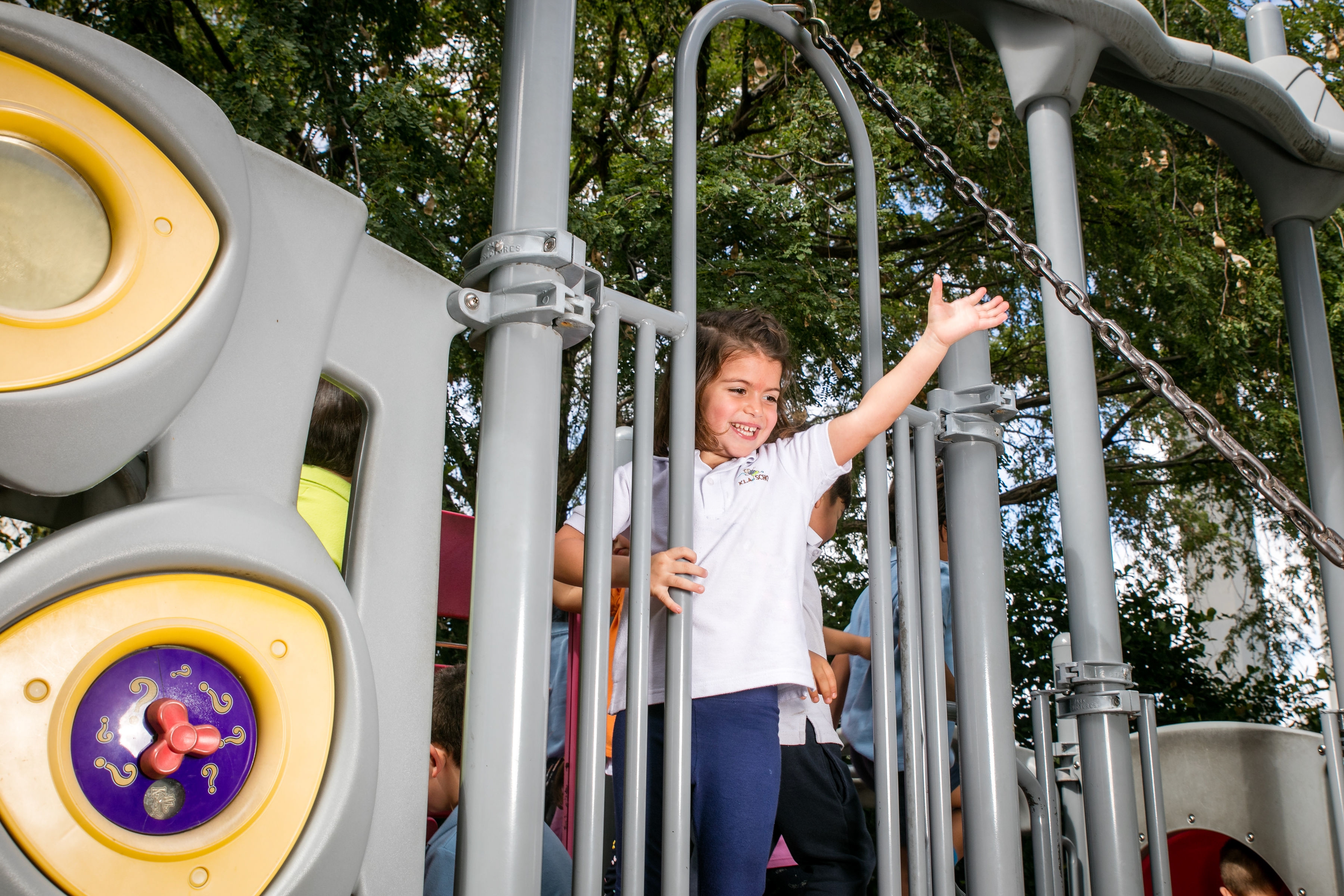Supporting Your Preschooler in Problem-Solving
Topics: Child Development
Age Range: Preschool
Preschoolers are learning new things all the time. It’s an exciting time, and a great chance to help your preschooler learn how to solve problems. Good problem-solving skills will last a lifetime. They can help your child resolve conflicts, perform well in school and work, and become a confident adult.
Here are four ways you can support your preschooler in problem-solving outside of childcare in Prospect, KY.
1) Use creative play to teach problem-solving
Play is an excellent opportunity for your child to learn how to resolve problems. These skills can give children an advantage when entering preschool for 3-year-olds. Creative play is fun and imaginative, and the consequences of making a wrong choice are minor. Some activities you and your child can do together include: assembling a jigsaw puzzle, building a castle out of differently-sized blocks, playing hide-and-seek, or creating an obstacle course in the backyard.
2) Model curiosity and open-mindedness
Preschoolers are highly observant, maybe your child even imitates what you say and do. You can use this as an opportunity to model problem-solving skills. For example, if you’re at the grocery store with your preschooler and you find that a key ingredient in that day’s dinner is out of stock, you can say to your child, “They don’t have asparagus, but this broccoli looks good. It’s not exactly the same, but I think we could try it. What do you think?” In addition, let your child see you being open-minded about solutions to problems, even if you disagree.
3) Allow some failure at a task
As a parent, it can be hard to resist doing something for your preschooler if you know helping them will just take a second. However, if a child doesn’t fail at a task from time to time, they won’t learn how to succeed at it. If the failure is harmless and low-stakes, like your child experimenting with sandwich toppings and not enjoying the result, let it happen. Ask them what they didn’t like, and what they think they can change next time.
4) Be patient and encouraging
Learning how to solve a certain problem can sometimes feel frustrating to your preschooler. However, stay patient and encourage them to try again another time. Remind them that you’re proud of them for trying. With your support, your child will learn that they can face their problems and find solutions.
Taking risks and solving problems is an important life skill that your preschooler can begin learning with your support. By using creative play, modeling open-mindedness, allowing experimentation to fail sometimes, and remaining encouraging, you can help your child develop a strong foundation.

